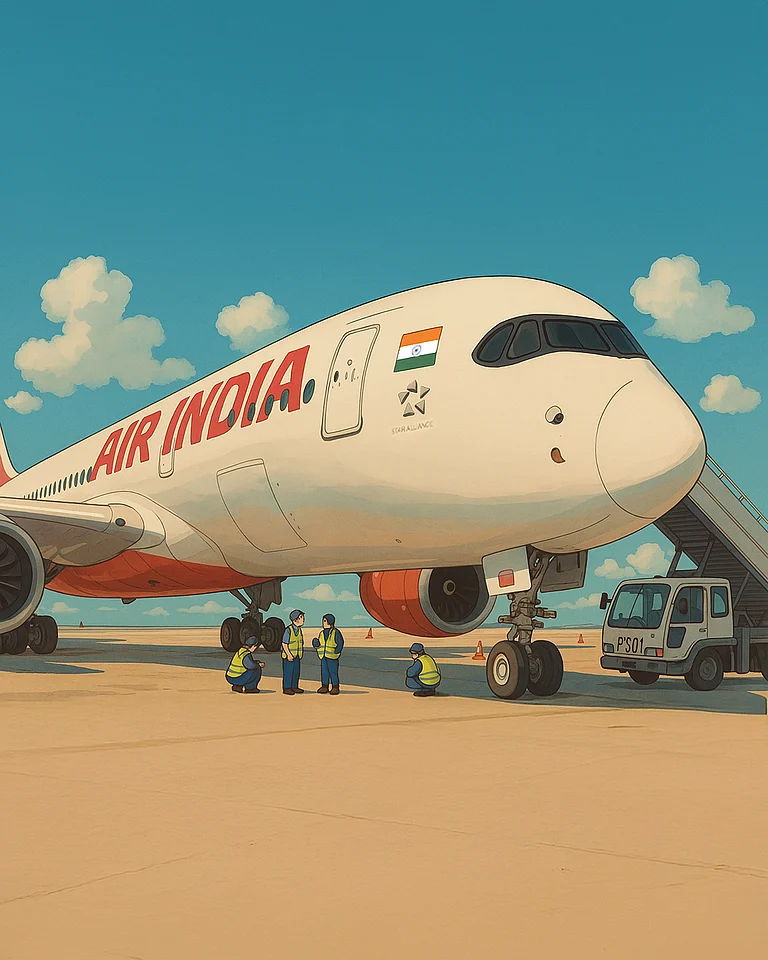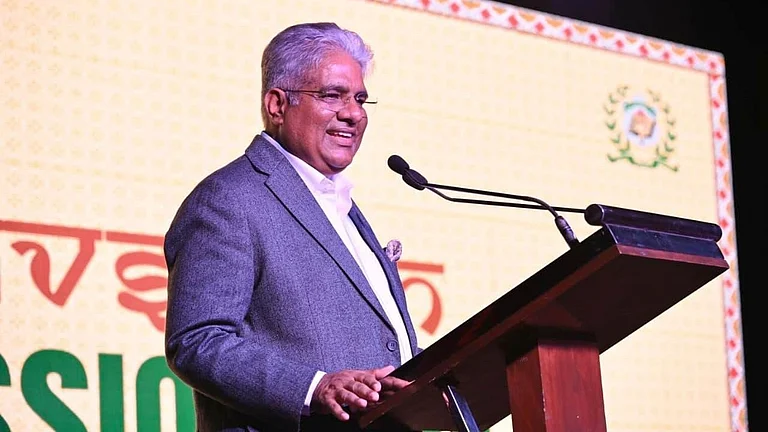Delhi has been grappling with serious air pollution for the past few years. A recent data from Central Pollution Control Board (CPCB) reveals that Delhi registered 6,170 complaints associated with air pollution between October 15, 2021 and November 19, 2024 with 2,333 (38 per cent) of these remaining unresolved.
In comparison, Rajasthan registered 77 air pollution complaints with a higher failure rate of addressing the cases than Delhi. Fifty-one complaints (66 per cent) remained unresolved in Rajasthan, as per the Business Standard report.
In Delhi, the Delhi Jal Board (DJB) and the Municipal Corporation of Delhi (MCD) were the worst performers in addressing air pollution complaints. DJB failed to resolve 64 per cent of the 188 complaints it received, while the MCD left 47 per cent of its 4,353 complaints unresolved. This highlights significant gaps in grievance redressal mechanisms for combating air pollution in the city.
The data shows persistent inefficiencies in resolving the complaints particularly reported in major pollution hotspots on the Sameer app which was launched with a vision to provide timely resolution to pollution violations reported by citizens.
The Delhi Cantonment Board remains the only authority to secure a 100 per cent resolution rate, resolving all the 10 complaints it received.
The data further highlights that there were 124 days when the air quality index (AQI) exceeded 201 from January 1 to November 20, compared to 118 days during the same period in 2023.
Supreme Court Intervenes
The air quality in Delhi fluctuated from “Severe” category to “Very Poor” with CPCB AQI of 318 on November 24. Maintaining “Very Poor” category on November 26, the CPCB AQI remained at 343 on November 26.
Amid this ongoing crisis, the Supreme Court has intervened. On November 26, the Apex Court directed the Commission for Air Quality Management (CAQM) to reassess its decision to close schools in Delhi-NCR, especially for classes 10 to 12, due to concerns about mid-day meals.
The Court also ordered that physical classes should resume with precautions aligned with Stage III of the Graded Response Action Plan (GRAP) but upheld the restrictions under Stage IV due to the persistently poor air quality. The Court further instructed CAQM to hold officials accountable for lapses in enforcing the Stage IV directives.
These developments indicate the urgent need for stronger action to resolve air pollution complaints and improve air quality in Delhi.































